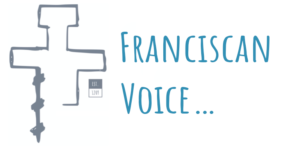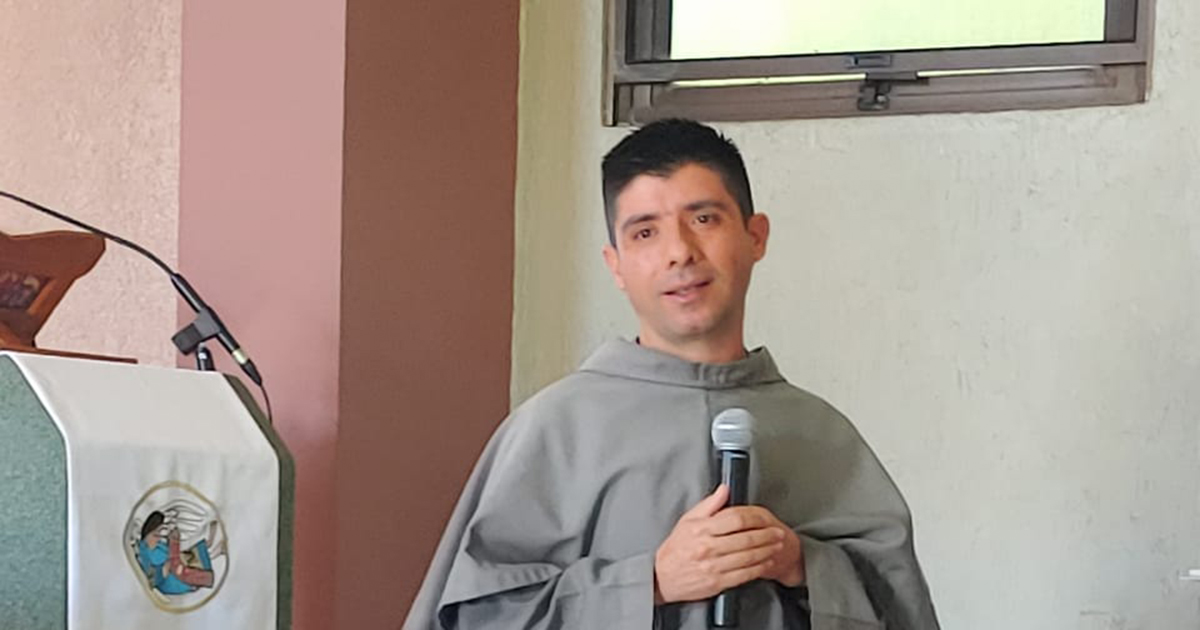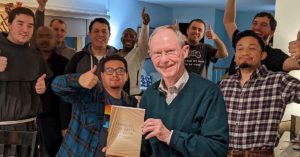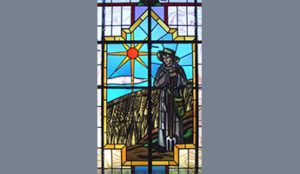After eight days by boat, going up the Amazon River, we arrived at Tabatinga, on the triple border of Brazil-Colombia-Peru. We left the port of Manaus amid backpacks, hammocks of many colors and stories drawn on the faces of so many travelers with whom we share life on the ship.
After a quick visit to Leticia in Colombia, we continued our journey last night, this time by boat, to Iquitos in Peru. As I write these lines, I am accompanied by a sun that is just rising, the imposing river and the force of the divine mystery that invites me to row towards deeper waters, where the wounds are more open and lives more threatened.
On this trip we are four missionaries: Marita, a Puerto Rican laywoman; Ximena, religious from Ecuador; Raimunda, a Brazilian indigenous who at 73 years of age guides us on this trip; and me, a Franciscan Conventual friar, Costa Rican and with only eight months of traveling through the Amazon. We are part of the Itinerant Team that, for 25 years, has served in these waters and accompanies these towns. In this ecclesial experience we live together: laity, men and women religious, sent by our congregations and institutions for service in the Pan-Amazonian region.
In numeral 98 of the Apostolic Exhortation Querida Amazonía, the need to “think of itinerant missionary teams and support the insertion and itinerancy of consecrated men and women together with the most impoverished and excluded” is already raised. The challenge overwhelms us! As itinerants we have no fixed place. We go in constant movement from one village to another in the nine countries that make up the Pan-Amazonian region: Brazil, Bolivia, Ecuador, Peru, Venezuela, Colombia, Guyana, Suriname and French Guiana. They are eight million square kilometers (156 times the size of Costa Rica!), vast territory and complex reality.
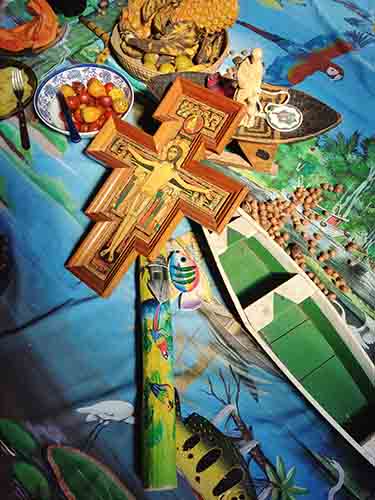
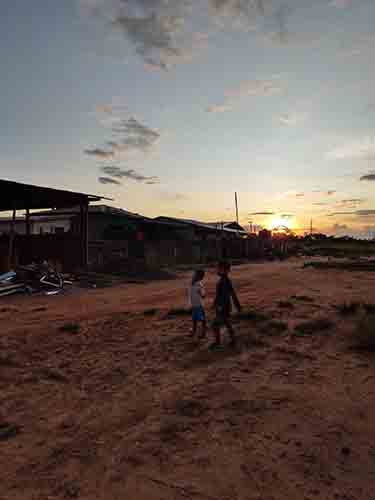
Along with the verification of our smallness in the face of such a mission, the memory and promise of the Master springs up, his cause for the Kingdom and the invitation to discover his pulsating presence in the communities, cultures and jungles. From there, as an Itinerant Team, we try to serve the native peoples, along with those who live on the banks of the rivers and in the reception of the young people from the urban peripheries. Also in the defense and care of mother earth, which suffers the destruction of forests in the face of the advance of monocultures, the contamination of rivers by mining projects and the murder of so many indigenous people whose vision of the territory as a sacred space, hinders the interests of the powerful.
We welcome with gratitude the invitation of Pope Francis to establish ourselves as an outgoing church, which attends to the cry of our wounded land and the cry of the impoverished. This is how we understand our mission. From itinerancy we try to offer a complementary contribution to so many missionary experiences that are a sign of God’s tenderness, mediations of active hope and hands that come together so that this world has life and life in abundance.
The sun begins to heat up. Slowly the density of the jungle appears again before our eyes. We continue sailing towards deeper waters: From Iquitos to Lima, then Bagua Chica, then we will go up the Cenepa River and cross the border again, this time to Ecuador. Or, where the Spirit takes us, after all, He guides our boat.
– friar Erick Marin Carballo
(Translated from Spanish, originally published in Eco Católico, October 4, 2022)
